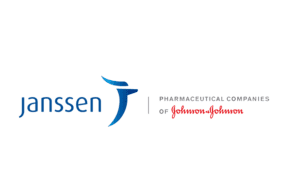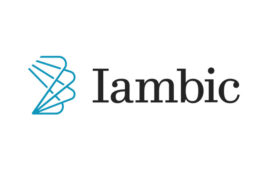 At the American College of Rheumatology (ACR) meeting, Janssen Immunology presented a Tremfya (guselkumab) posthoc analysis demonstrating stringent disease activity control at two years in patients with psoriatic arthritis. In addition, the analysis of Phase 3 DISCOVER-2 data indicated that patients with active psoriatic arthritis with a response at week eight to the IL-23 inhibitor guselkumab had meaningful improvements in health-related quality of life at week 100 compared to patients without such an early response.
At the American College of Rheumatology (ACR) meeting, Janssen Immunology presented a Tremfya (guselkumab) posthoc analysis demonstrating stringent disease activity control at two years in patients with psoriatic arthritis. In addition, the analysis of Phase 3 DISCOVER-2 data indicated that patients with active psoriatic arthritis with a response at week eight to the IL-23 inhibitor guselkumab had meaningful improvements in health-related quality of life at week 100 compared to patients without such an early response.
“We’re now getting increasingly solid evidence that IL-23s are effective and have sustained effectiveness in psoriatic arthritis,” said Dr. Philip J. Mease, M.D. of the Swedish Medical Center/Providence St. Joseph Health and the University of Washington in Seattle, Washington.
The DISCOVER-2 trial was a randomized, double-blind, placebo-controlled study focused on biologic-naive patients with active psoriatic arthritis. In the study, patients in the drug arms received 100 mg of subcutaneous injections every four or eight weeks.
In the original study, investigators saw highly significant improvements in arthritis, enthesitis, dactylitis, skin disease, function and quality of life at 24 weeks.
The new posthoc analysis of DISCOVER-2 underscores that psoriatic arthritis patients who achieve early clinical improvement will likely have future gains in health-related quality of life and fatigue.
All analyses were done with a non-responder imputation (NRI) analysis. NRIs are a strict method of analysis that counts patients who drop out of the study for any reason as non-responders. “Normally, you would just not count people who have dropped out because of lack of efficacy or safety or those who have moved away from the area,” Mease said. “In NRIs, you don’t count patients who drop out for any reason — safety, efficacy, moving away from the center or just getting tired of being in a study even if they were doing well.”
“Even with NRI analysis, we saw a sustained response over time,” Mease said. “So I think that’s an important point.”
Further posthoc analyses demonstrated that guselkumab recipients had clinically meaningful improvements in fatigue based on the FACIT-F scale at week 8. In addition, almost one-third of patients had normative fatigue scores through week 100.
The ongoing analyses regarding guselkumab in psoriatic arthritis help provide “increasingly solid evidence that IL-23s are effective and have sustained effectiveness,” Mease said.
It is common for psoriatic arthritis patients to lose efficacy from a given drug, whether it is a TNF inhibitor, IL-17 inhibitor or something else. “So it’s important to have a solid mechanism to cycle patients when patients are losing efficacy from a previous drug. And arguably, because of their safety profile, I think we should be using IL-23s earlier because of their overall safety profile.”
Janssen also shared guselkumab data at the 2021 ACR meeting.
Filed Under: Uncategorized



